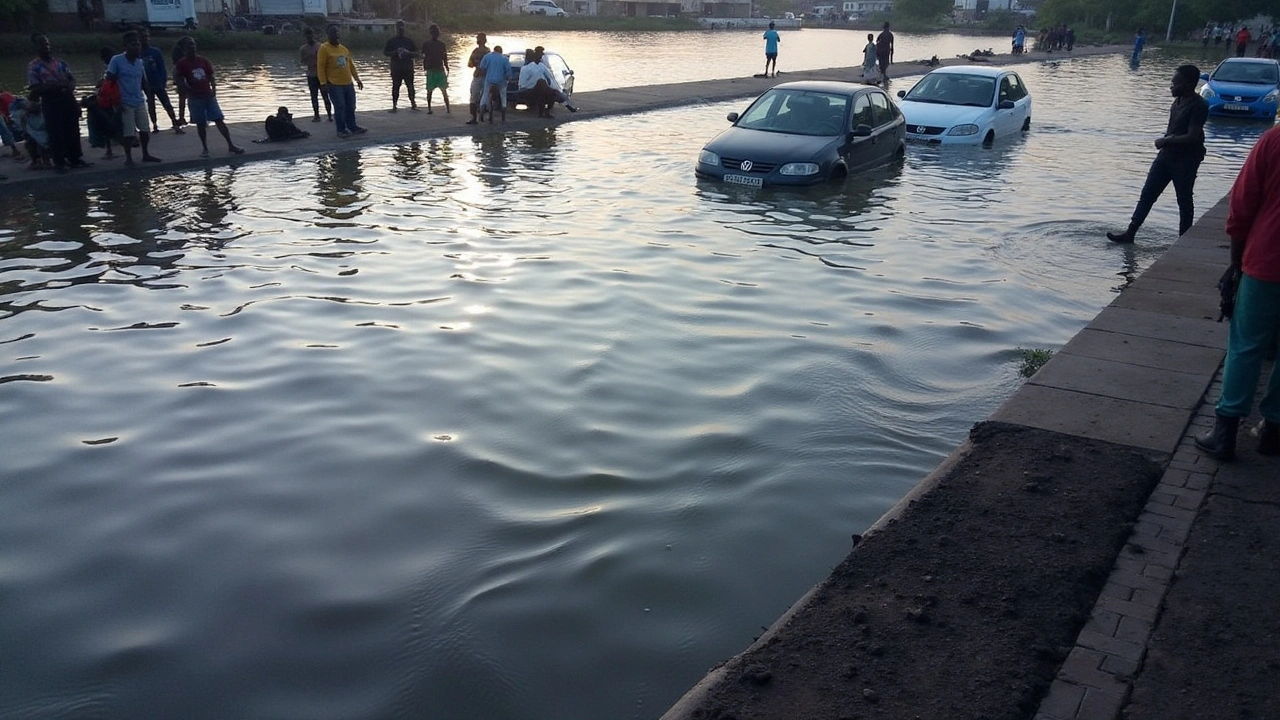School Closure Updates Across Africa – What’s Happening Now
Every week a new report pops up about a school shutting its doors—whether it’s due to strikes, funding cuts, health scares, or weather. For parents and students this can feel like the ground is shifting under their feet. Below we break down why schools are closing, what the fallout looks like, and practical steps families can take while officials sort things out.
Why Schools Are Closing
First off, most closures aren’t random. In many countries the pandemic left a backlog of unfinished lessons, and when teachers fell sick or were forced into quarantine schools had to pause. Then there are teacher strikes; Nigeria’s recent WAEC results dip was linked to prolonged school shutdowns that disrupted learning patterns. Funding gaps also play a big role—when budgets run dry, utilities shut off, classrooms become unsafe, and the only option is to lock the gates.
Security concerns add another layer. In regions facing unrest or natural disasters, authorities often decide it’s safer for children to stay home. The result is a patchwork of open and closed schools that makes planning almost impossible for families trying to keep up with homework, exams, and daily routines.
How Communities Can Cope
If your child’s school has shut down, the first thing to do is look for alternative learning options. Radio lessons are still popular in rural Kenya, while mobile apps provide free worksheets in South Africa. Local libraries or community centers sometimes host tutoring groups that follow a set schedule—think of them as mini‑schools until the official doors open again.
Parents can also create a simple home study routine. Set a specific time each day for reading, math drills, and a short break. Keep the environment quiet but flexible; children need structure, not rigidity. When possible, reach out to teachers via WhatsApp or email—they often share extra material that matches what’s being taught elsewhere.
Another useful tip is to stay informed through reliable sources. Follow the Ministry of Education’s official channels and trusted news sites like African News Rehearsal for real‑time updates on reopening dates and exam schedules. Misinformation can cause panic, so verify any closure notice before acting.
On a broader level, community leaders should push for transparent communication from school boards. When officials explain the why behind a shutdown—budget shortfall, health risk, or repair work—parents are more likely to cooperate and help find temporary solutions.
Looking ahead, many governments are drafting contingency plans: hybrid learning models that blend online classes with limited in‑person sessions, emergency funding for schools in crisis zones, and faster exam rescheduling processes. The goal is to prevent a repeat of the 2025 WAEC fallout where millions of students faced delayed results because their schools were closed for months.
In short, school closures are a real headache, but they don’t have to derail a child’s education. By tapping into community resources, setting up home routines, and staying on top of official updates, families can keep learning moving forward until the doors swing open again.
- September
10
2024 - 5
Borno Government Closes Schools Amid Devastating Maiduguri Floods
Borno State Governor has ordered the closure of all schools in response to severe flooding in Maiduguri. The floods overwhelmed the city, displacing residents, submerging key areas, and leading to urgent measures to prevent loss of lives. As waters continue to rise, imminent risks loom over additional communities.
Read More